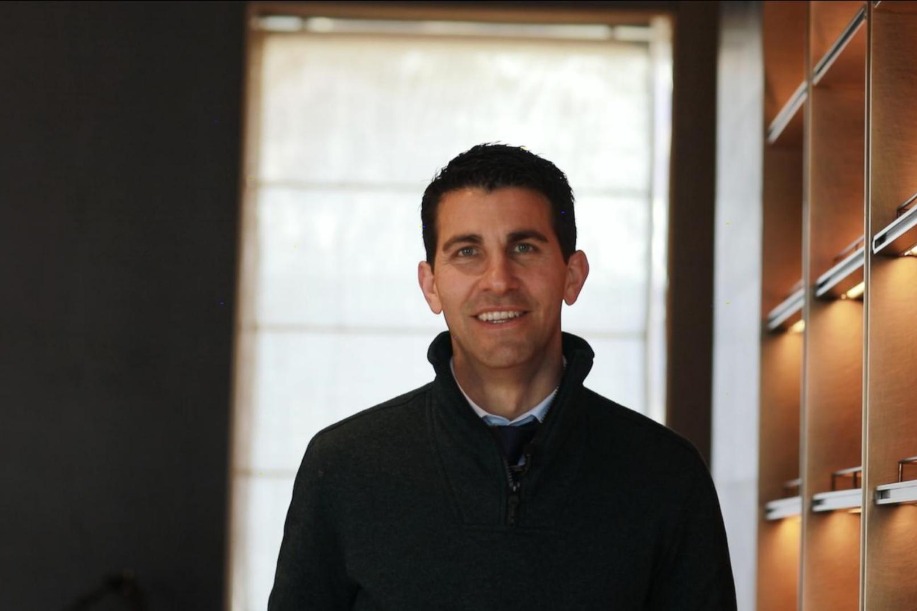UK's vaccine gamble carries serious risks


The British have often taken pride in dubious achievements, from the "victorious" retreat from Dunkirk during World War II to the bare-minimum Brexit agreement recently reached with the European Union.
The development of a COVID-19 vaccine on British soil, however, was a genuine triumph. And yet, by delaying the delivery of second vaccine doses, the government is set to undercut this feat-and its overall pandemic-containment strategy.
The manufacturers of all three vaccines so far approved in the United Kingdom-the homegrown AstraZeneca/University of Oxford DNA vaccine, and the Pfizer/BioNTech and Moderna mRNA vaccines-recommend delivering the second dose three-four weeks after the first. And yet the UK government has decided to leave a 12-week gap between doses.
This decision's defenders note that the first dose provides most of the initial protection from clinical disease, whereas the second dose is likely to be more important for duration of protection. Given the urgency of the public health crisis-and the possibility of supply delays or shortages in the future-spreading limited doses more widely now seems like a better bet than fully inoculating a smaller group.
But there are major potential risks. For starters, some doctors have been instructed to cancel existing appointments for second doses. Before receiving the first dose, those patients would have consented to receive two doses on a particular schedule. Changing that schedule would thus amount to an ethical violation, unless patients are given the opportunity to choose whether to consent to the new schedule or stick to the old one.
For this choice to be credible, all relevant information about the new vaccine schedule would need to be disclosed. Yet information about the 12-week schedule is sorely lacking. In fact, claims that the delay will not reduce efficacy, and may even increase the immunological response (antibody levels), are based on a post hoc analysis of results from trials of just one vaccine.
It started with a mistake: a small subset of volunteers in the AstraZeneca-Oxford vaccine trials was inadvertently given a smaller first dose. The second dose was then delayed, presumably because the mistake had to be investigated.
So, a new analysis was carried out. It revealed the dosing mistake was a breakthrough: a smaller initial dose actually made the vaccine more effective. Then a second analysis suggested the delayed second dose also played a role in boosting efficacy. There were no additional clinical trials designed to test the extended dosing schedule, as would normally be expected.
On the contrary, British medical officers decided that what is good for the goose is good for the Pfizer/BioNTech and Moderna ganders. But the AstraZeneca-Oxford vaccine works differently from the others; and the latter two are the result of testing processes that proved them to be safe and highly effective. How can the findings of a post hoc analysis of a flawed trial of a completely different-and less effective-vaccine be regarded as a convincing reason to stray from a proven formula? Pfizer, not surprisingly, advises against abandoning its recommended schedule.
One might make the untested but well-founded argument that we understand vaccine immunology well enough to be able to say that one immune response is much like another. Even mixing vaccines is sometimes acceptable.
But we do not understand the biology and immunology of SARS-CoV-2 (the virus that causes COVID-19) well at all. After thorough investigation, some empirically derived interventions have already proved to be inappropriate. For example, rigorous study has debunked the claim that former US president Donald Trump's one-time darling, hydroxychloroquine, is useful in combating COVID-19. In fact, the malaria medication may harm patients.
What harm could the delayed second vaccine dose cause? If patients' immune responses fade between doses, they will be left vulnerable to infection. This risk, however, could be counterbalanced by the increased number of individuals vaccinated, especially in high-transmission areas.
A more profound threat lies in the potential emergence of virus variants on which existing vaccines don't work. Once a large percentage of the population is vaccinated, immune pressure could accelerate the emergence of such variants by selecting for "escape mutants" (which do not confer antibody resistance).
This could happen regardless of what vaccine schedule is used, but the 12-week timeline intensifies the risk. After all, as immunity decreases, the chances of selecting for escape mutants may rise, not least because the virus is likely to infect people with incomplete vaccine responses. Just as completing a round of antibiotics is essential to minimize the emergence of resistant bacteria, delivering maximal immunity rapidly (using the conventional dosing schedule) could help to preserve vaccine efficacy.
With the UK government having already implemented the scheduling change, there is little we can do now but test the assumptions on which it rests. How much immunity does one vaccine dose provide 84 days later? Do both vaccine types generate similar degrees of immunity? Is the risk of SARS-CoV-2 infection higher between the four-week and 12-week marks? Are new viral variants with escape mutations emerging in vaccine recipients?
During the pandemic, the UK led the way in studying pharmaceutical interventions, with well-designed randomized controlled studies enabling vast improvements in patient care globally. There is no excuse to abandon this evidence-oriented approach now.
If the UK will not delay implementation of its vaccine-dosing decision, it should at least launch rigorous studies to assess the risks. The country has already produced a more transmissible variant of the novel coronavirus. It should not compound the threat to public health with potentially lethal policy mistakes.
Sanjeev Krishna is a professor of Molecular Parasitology and Medicine at St George's, University of London's Centre for Infection, and Yolanda Augustin is a doctor at St George's, University of London.
Project Syndicate
The views don't necessarily reflect those of China Daily.


































